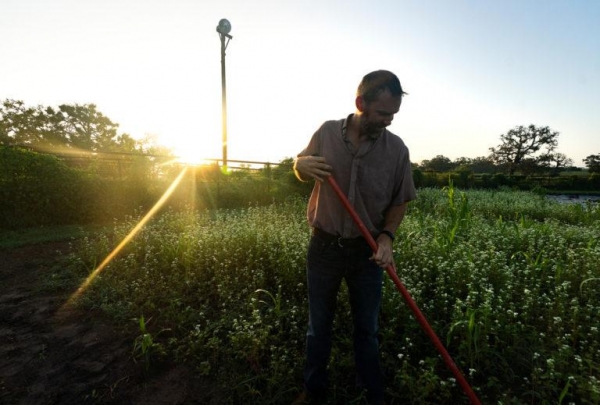As outdoor temperatures increase, so does the possibility of heat stress or even heat stroke. But there are ways to avoid getting “overheated” this summer, according to Texas A&M AgriLife Extension Service experts.
“Now that summer is near, people are going outdoors and staying outdoors longer,” said Mark Faries, AgriLife Extension state health specialist in the agency’s Family and Community Health Unit. “But with prolonged exposure to the sun and heat, people are more at risk for heat-related illness or hyperthermia.”
Faries said being aware of the symptoms of heat stress is particularly important with exposure to a higher heat index or heatwaves, especially for those who might be at higher risk of heat illness.
Continue reading at Texas A&M University
Image via Texas A&M University


